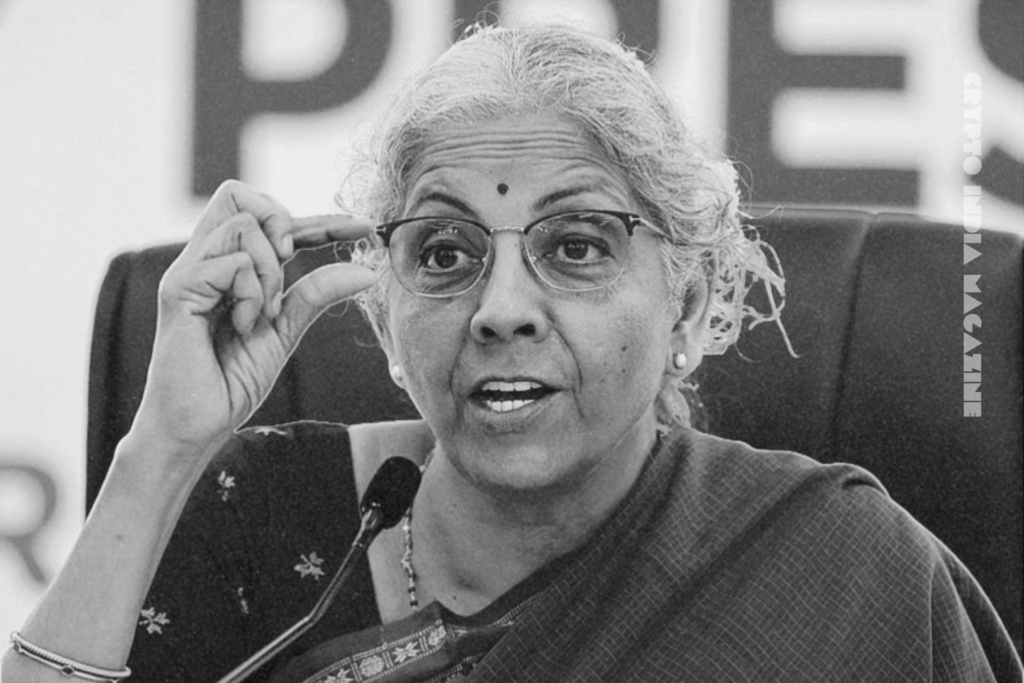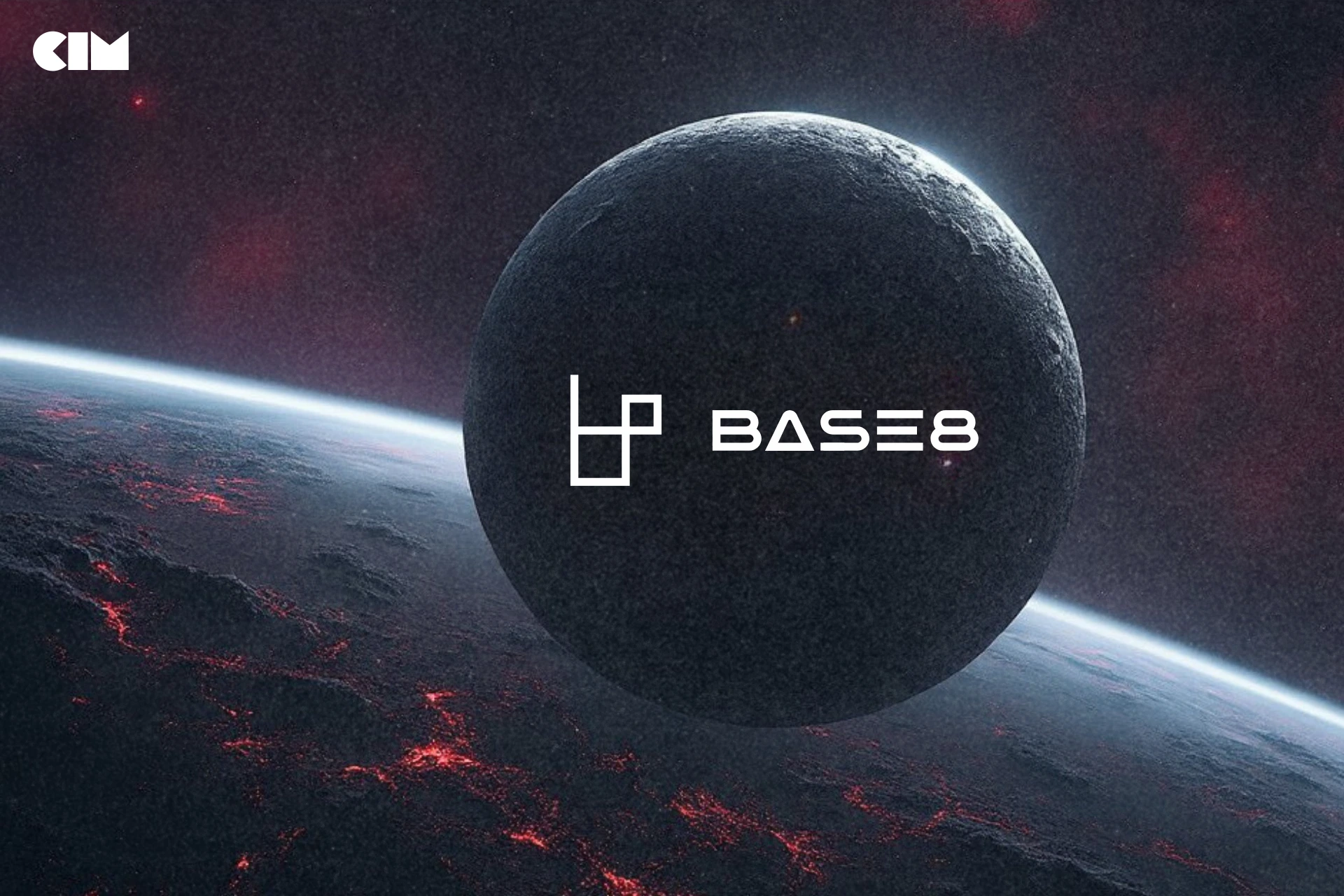Now Reading: India Weighs Crypto Ban as CBDC Gains Ground in Financial Inclusion Efforts
-
01
India Weighs Crypto Ban as CBDC Gains Ground in Financial Inclusion Efforts

India Weighs Crypto Ban as CBDC Gains Ground in Financial Inclusion Efforts
- Indian regulators move closer to banning private cryptocurrencies, proposing the digital rupee as a state-backed alternative for secure digital transactions.
- Despite a potential crypto ban, India’s adoption rate soars as citizens increasingly turn to decentralized digital assets, challenging the government’s stance.
The Indian government is intensifying discussions around banning privately operated cryptocurrencies, such as Bitcoin and Ethereum, in favor of a Central Bank Digital Currency (CBDC). A series of consultations with experts and regulatory bodies like the Reserve Bank of India (RBI) and the Securities and Exchange Board of India (SEBI) have explored the potential for CBDCs to replicate the benefits of cryptocurrencies without the associated risks.
The Indian stance mirrors recommendations by international bodies, such as the IMF and Financial Stability Board (FSB), to allow member states to implement stringent crypto restrictions. A senior Indian official has asserted that “CBDCs can do everything cryptos can do, but with fewer risks,” hinting at the government’s preference for controlled, stable digital financial solutions.
India, a G20 member, further solidified this position by adopting the IMF-FSB synthesis document in September 2023, which supports the regulation—or outright prohibition—of private cryptocurrencies.
India’s own CBDC, the digital rupee, has shown considerable promise since its phased rollout. Launched in November 2022, it has already attracted over 5 million users and 16 participating banks. Projects like the State Bank of India’s pilot in Odisha and Andhra Pradesh, where CBDCs have been used to provide targeted agricultural loans, underscore the government’s focus on CBDCs as tools for financial inclusion and innovation.
RBI governor Shaktikanta Das recently commented that the digital rupee could advance financial inclusion and reinforce the nation’s economic stability.
Despite government efforts, the cryptocurrency community remains resilient. India ranked first in global crypto adoption for the second consecutive year, according to a Chainalysis report, highlighting a strong public demand for decentralized digital assets. This enthusiasm persists despite prior restrictions, including a banking ban on crypto transactions in 2018, which the Supreme Court overturned in 2020.
The government’s final stance remains unclear as the anticipated policy paper, initially set for release in September 2024, is still pending. The outcome could have a sweeping impact, potentially setting a precedent for other countries contemplating similar regulations. A ban on private cryptocurrencies would heavily affect local exchanges and investors, but successful CBDC adoption may provide a stable, regulated digital alternative for the public.








